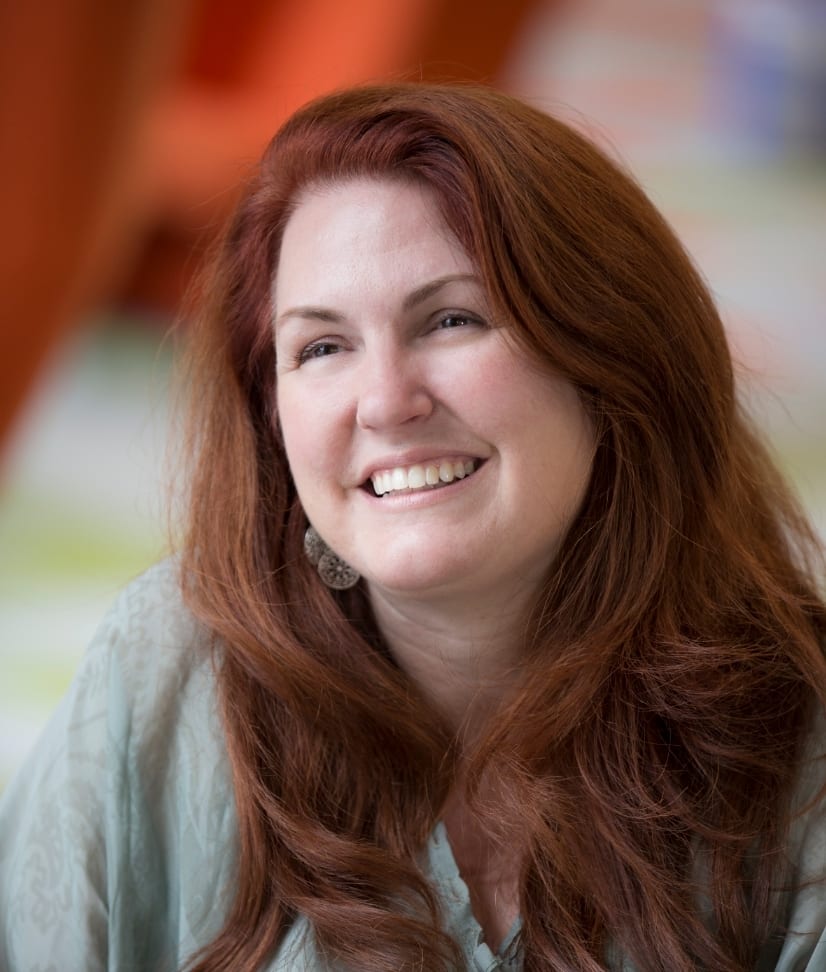Be Bio’s $82 million round announced Tuesday will help the Cambridge, MA-based biotech fund work for two of its drugs in development, including the first-ever B cell therapy to enter human studies for hemophilia B.
While the new round is smaller than its $130 million Series B from 2022, the company plans to use the new funding to reach clinical proof-of-concept for its hemophilia B cell therapy and advance a second candidate for hypophosphatasia, a rare genetic disease that disrupts the development of bones and teeth.
 Joanne Smith-Farrell
Joanne Smith-FarrellCEO Joanne Smith-Farrell told Endpoints News the amount was “what we needed to actually get this program all the way to where we’ve got definitive proof-of-concept.” The startup plans to present clinical data next year for hemophilia B. For hypophosphatasia, it expects to seek an IND in 2026, Smith-Farrell said.
Companies developing B cell therapies hope they can essentially be long-term protein factories in the body, but without some of the dangers and side effects that come with other cell and gene therapies. The treatments, if they work, could address a range of diseases where people are missing an essential protein.
The $82 million round included investors such as ARCH, Atlas Venture, RA Capital and others.
Seattle’s Immusoft in October gave a glimpse at results from the first patient to receive a B cell therapy. Immusoft is developing its treatment for mucopolysaccharidosis type I, a genetic disease in which people are missing an enzyme needed to break down sugars.
Be Bio has opened enrollment for a Phase 1/2 study of its hemophilia B therapy, BE-101, to adults with moderate-to-severe disease. The experimental treatment is meant to produce Factor IX, a blood clotting factor, without needing preconditioning. The hope is that the therapy, while durable, will also be redosable if needed.